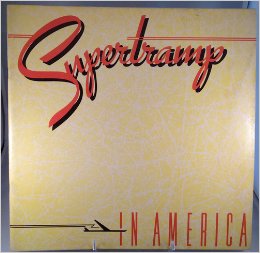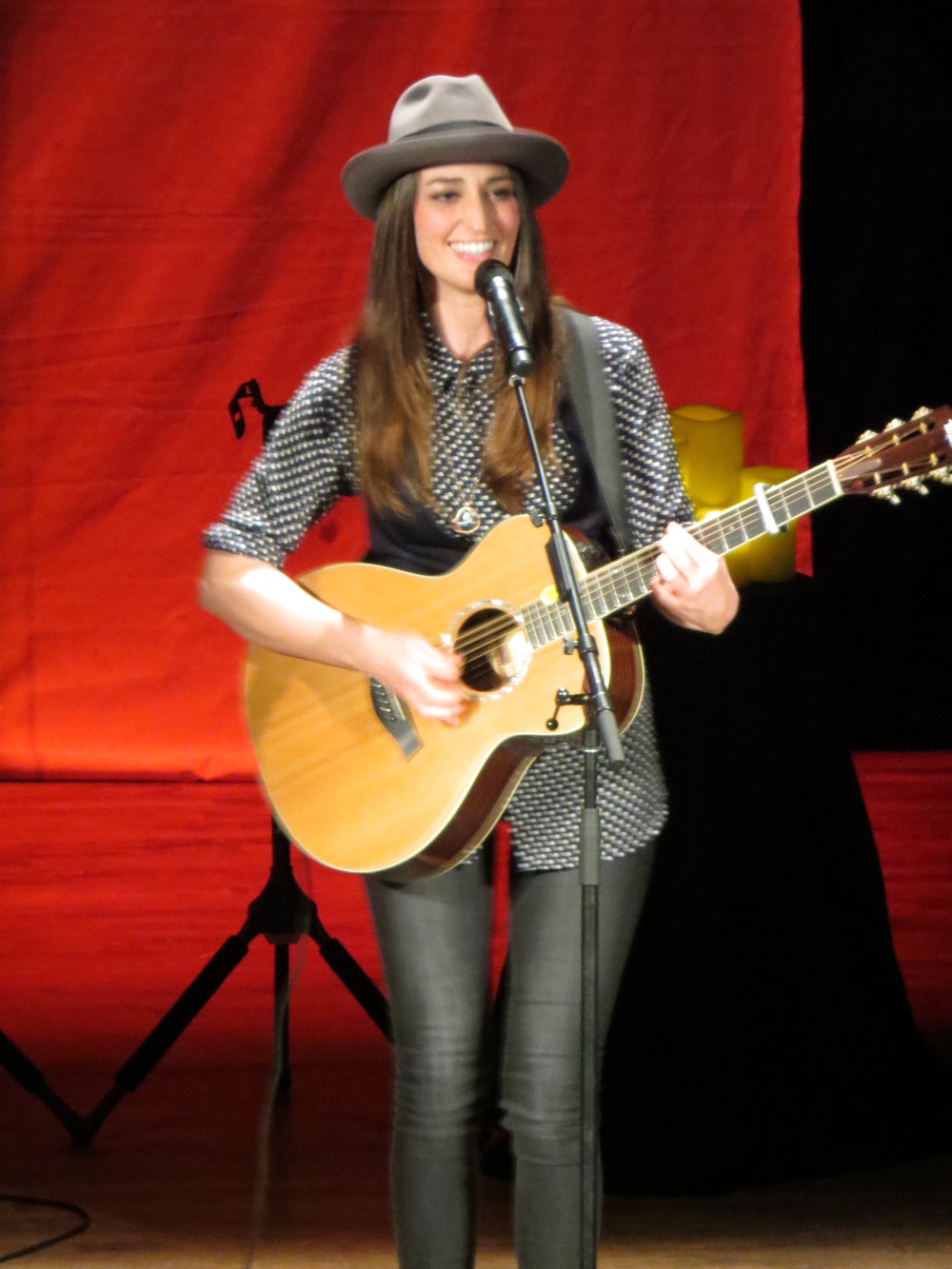Supertramp, 1979
1979. The year of The Knack, Led Zeppelin’s first album in over three years, 52nd Street, Tusk, The Long Run, and…
Breakfast in America.

Living in Milwaukee in 1979, there was nobody bigger than Supertramp. Already mainstays of Milwaukee radio from their previous three releases, Supertramp was kept in constant rotation on WQFM and WLPX, with “Logical Song,” “Goodbye Stanger,” “Breakfast in America,” “Take the Long Way Home” and “Lord Is It Mine” all making the airwaves. Supertramp played at Mecca Arena on March 22, and then returned to Alpine Valley for three consecutive shows on June 15-June 17, just a week after exiting the Billboard best-selling album ranking (only to return a week later).
The tour culminated six months later in Paris, after selling over four million copies of Breakfast in America in the US alone, the fifth-best selling album that year, eventually winning the Grammy for the best engineered recording. The Paris show was recorded and subsequently released as a live LP, and though the concert was also filmed, it wasn’t made available in video. This glaring omission in rock concert libraries has now been rectified, as the show is now available on DVD and Blue Ray.
I missed the 1979 tour. As an 11 year-old, too young to see rock concerts, I was filled with jealousy when my brother returned home from one of the Alpine Valley shows with a t-shirt in hand. I made the next Supertramp concert at Alpine Valley on August 28, 1983, for what would be Roger Rodgson’s last tour with the band, and I have terrific memories of Bob Siebenberg starting the show with the kick drum from “Don’t Leave Me Now” as a giant tightrope walker appeared on the film screen behind the stage and the band launched into the song “Crazy.”
Watching the Breakfast in America DVD last night brought back fond memories of that show, but I was also able to watch the band with perhaps a more discerning eye than back in 1983. A few thoughts:
- Davies and Hodgson have no stage presence whatsoever. Hodgson sings most of his songs with his eyes closed, and Davies has a twitch that makes him look like he’s expending the greatest of effort even when he’s playing the simplest of keyboard parts. I remember both of the band leaders having little to no interaction with the audience in 1983 as well, with the exception of Hodgson announcing his decision to leave the band (just before playing "Give a Little Bit").
- John Helliwell, in addition to being a great woodwind and keyboard contributor, is the voice of the band, adding a much needed sense of humor and dialogue with the audience.
- Hodgson is a very underrated guitarist. I liken him to David Gilmore; perhaps his chops aren’t extraordinary, but his choice of notes and sounds are flawless. Just hearing him play the tasteful guitar solo in “School” was enough for me to take notice, and I still love his work at the end of “Goodbye Stranger.”
- The stage setup is interesting, so that even though Davies only plays keyboards (and harmonica), he positions himself in one of four different places on the stage: one for the front stage Wurlizer, one for the grand piano, one for the Hammond and other keyboards stage left, and another keyboard setup that allows for Hodgson and Helliwell to have easy access during songs that require guitar and woodwinds. In effect, you have three of the five members moving around regularly, which makes for a more fulfilling visual experience.
- The highlight of the concert for me is the inclusion of “Another Man’s Woman,” a Davies tour de force and completely unexpected. Hodgson’s understated guitar work during this song is another example of how less is more.
- Perplexingly absent from the set list are Davies’s contribution to Supertramp's latest release. Only one of his songs from Breakfast in America is performed, the hit “Goodbye Stranger.” In the notes from my concert program for the …Famous Last Words… tour, is states, “Rick Davies was so sure that Breakfast in America would not reach the top 5 on the American charts that he bet Bob Siebenberg $100 that it wouldn’t.” Perhaps he didn’t really like the tunes from this record, which would explain why he played all four of his songs from Crime of the Century, but only one from the best-selling album in the band’s history.
- The screen behind the stage is used fleetingly, and I suspect this was a rather extravagant and expensive proposition in 1979. On the DVD, film is used only for the songs “Rudy,” “Fool’s Overture” and “Crime of the Century.” When I saw them in 1983, I recall them using the screen for "Crazy" and “Child of Vision” as well.
- Why the cameras didn’t roll during “Ain’t Nobody But Me,” “From Now On,” “A Soapbox Opera,” “You Started Laughing” and “Downstream” is a mystery, and one wonders if Rick’s contributions to the band were overlooked in favor of the hit-making Hodgson, since four of the five missing tracks are Davies songs. Luckily, the audio is included for these tracks as a DVD extra.
The legacy of Supertramp has been minimized in my mind due to Hodgson’s departure in 1983, a few uninteresting albums since that time, a lot of extended time off, and the inability of Davies and Hodgson to come to a settlement that would culminate in a reunion tour. Other bands have stayed relevant without new material (The Beatles, anyone? Or Billy Joel?), but one has to wonder if Supertramp is one of those bands that’s going to disappear entirely from people’s playlists in the next ten or twenty years. If so, it’ll be a shame, because Supertramp had a remarkable knack for walking the balance beam between creativity and accessibility. There is no reason in the world that a song like “School” should have gotten radio play, and yet it did. Supertramp achieved something remarkable, and I have to wonder if after the inclusion of Heart into the Rock and Roll Hall-of-Fame last year, if they shouldn’t be considered. I doubt it'll happen, but if the year 1979 is any indication of the band’s impact on the music world, perhaps it should.
